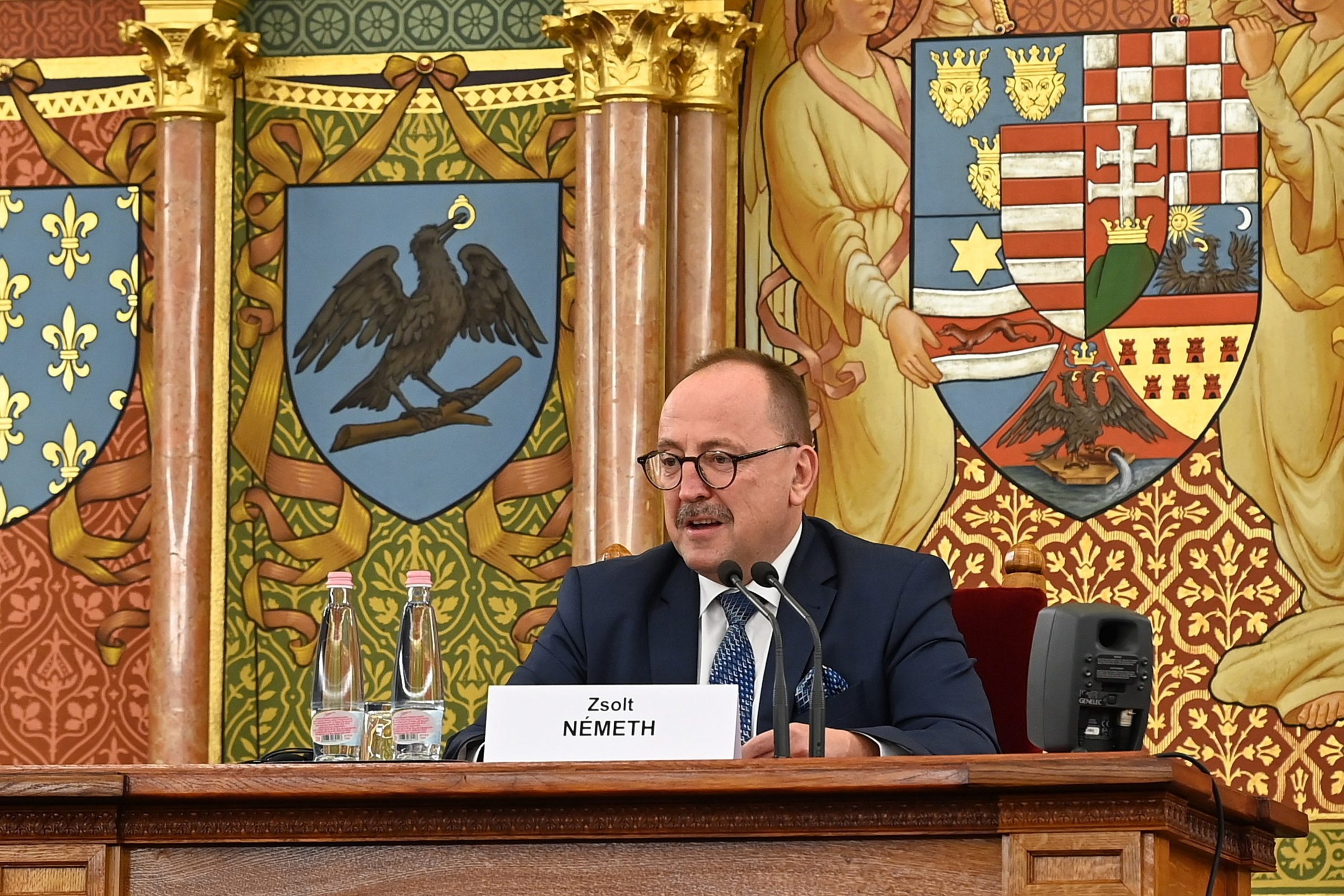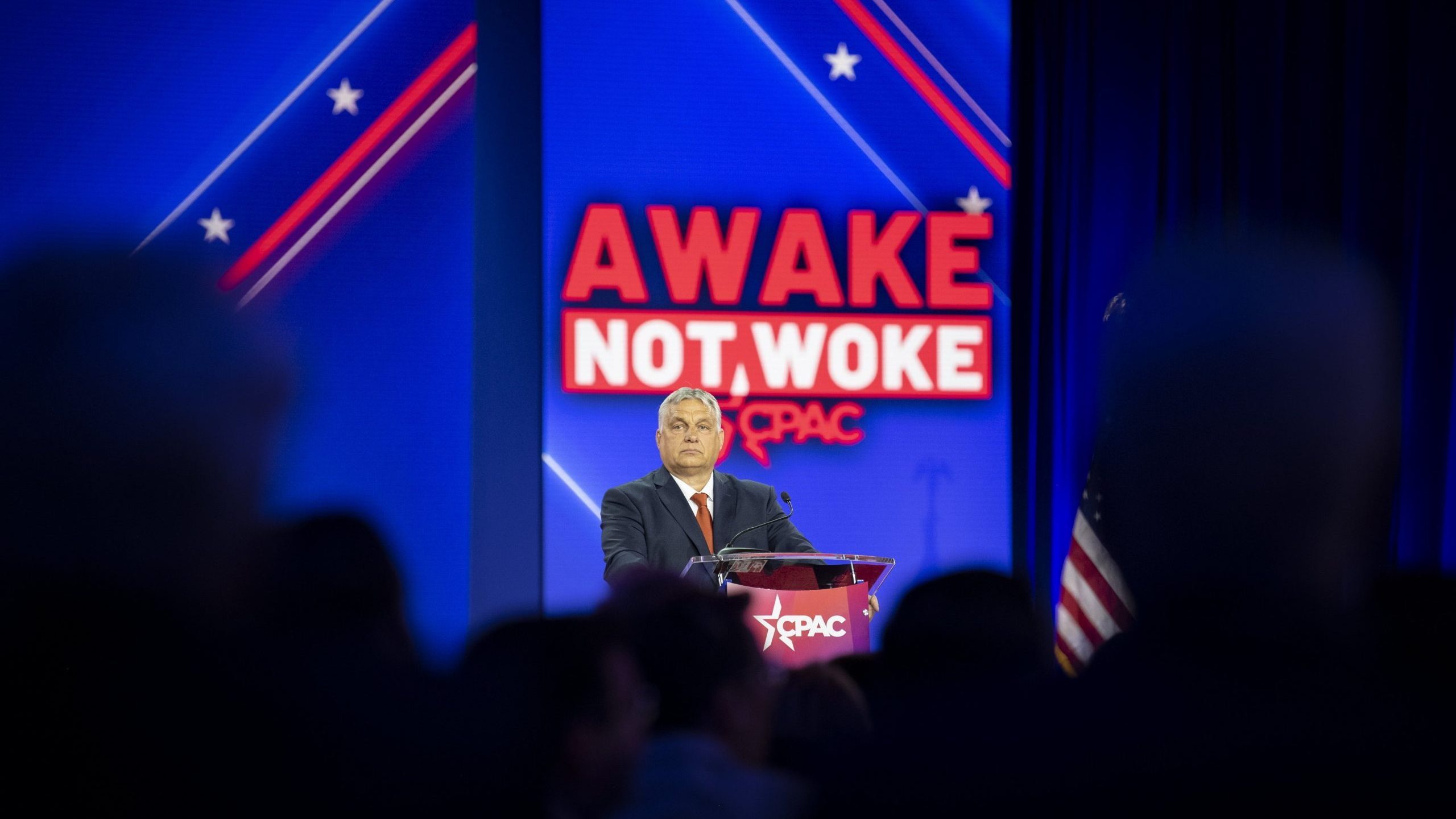
In a statement, Németh said that the US government's decision to withdraw from the U.S.-Hungary tax treaty made in the 1970s was aimed at exerting "political pressure" on Hungary.Continue reading

In an analysis about the Global Minimum Tax’s prospects, Foreign Affairs pointed out that both the Hungarian government and US Republicans want to bury the initiative.
The adoption of the pact on the Global Minimum Tax is not guaranteed, because “the EU is seeking the unanimous support of its members to adopt it, and Hungarian Prime Minister Viktor Orbán’s government has threatened to block it,” Foreign Affairs wrote on Wednesday, adding that Republicans in the US Congress have supported “Hungary’s obstruction,” seeking to sink the deal.
Hungary’s government is strongly against introducing the Global Minimum Tax. Balázs Orbán, the Prime Minister’s Political Director pointed out – citing figures by the Tax Foundation – that the tax would almost double the burden on businesses in Hungary and threaten the country’s competitive corporate tax regime. “In the midst of an economic downturn, we have to support investments to protect jobs and growth rates,” he noted.
The issue of the Global Minimum Tax casts a shadow over relations between Hungary and the USA. Republican politicians heavily criticized the Biden administration in July, after it decided to terminate a 1979 tax treaty with Hungary over its resistance to implementing the global tax. Senators Mike Crapo and Jim Risch, together with Congressman Kevin Brady, wrote that “this is a transparent attempt to bully Hungary into hasty action on a global minimum tax and interfere in an internal European Union policy-making process.”
Hungary’s Prime Minister touched upon the subject when he held a keynote speech at CPAC Texas earlier this month. “Just recently we came under fire again when we went against the Global Minimum Tax initiative. All European countries surrendered. Hungary is the last man standing. But the empire always strikes back,” he said. According to Orbán, the terminated agreement “was probably the best tax deal ever negotiated.” “It was good for U.S. investors. There are 1,700 U.S. companies operating in Hungary. I think it was indeed the revenge of the Left. Because the U.S. Treasury somehow forgot that they have a very similar treaty with Russia. But not with Hungary anymore. Funny, isn’t it,” he added.
Viktor Orbán’s and the Republicans’ obstruction may not necessarily be fatal for the pact, according to Foreign Affairs, because “if Hungary or other recalcitrant EU Member States balk, even a handful of other countries could move forward.”
Featured photo via Miniszterelnök.hu/Miniszterelnöki Sajtóiroda/Benko Vivien Cher